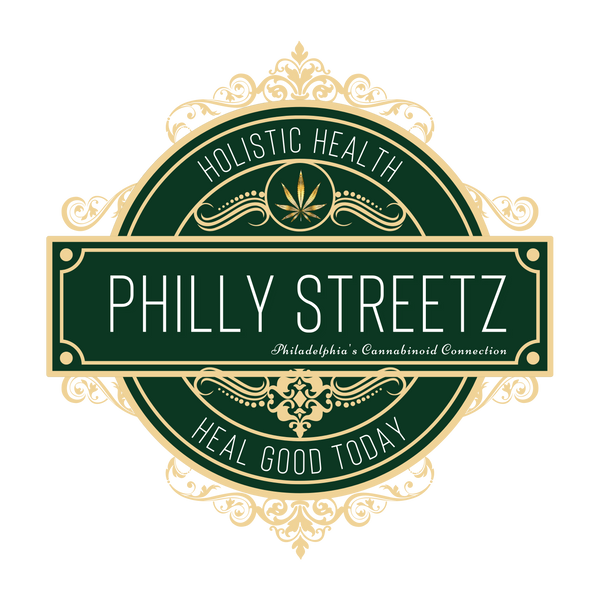The Main Event: THC (Marijuana) vs. CBD (Hemp)
Let’s look more closely at these plant compounds called cannabinoids.
As of this writing there are 144 or more individual cannabinoids, all which have different, often powerful, effects on the body including anti-inflammatory, anti-anxiety, anti-bacterial, antioxidant, anti-aging and anti-cancer effects.
The two best known cannabinoids by far are THC and CBD.
THC is the intoxicating substance that gives people a feeling of being “high”, and is the cannabinoid found in the strongest concentration in the marijuana plant. THC, practically speaking, is derived from the flowering tops (buds) and the resin of the marijuana plant. Generally, THC is an illegal substance in the USA; however, there are many States recently who allow residents to obtain it recreationally and many more who allow it medically with a physician’s approval in the form of a cannabis medical card.
CBD, on the other hand, is anti-intoxicating, as it negates the intoxicating “high” effects of THC. CBD is the main cannabinoid found in the hemp plant and is being studied in medical schools and Universities worldwide for an increasing number of healthful and beneficial effects. CBD products may to be sold in all 50 States in any type of retail outlet or online as long as the product meets certain specific manufacturing and marketing guidelines.
To recap, marijuana is a form of cannabis that naturally produces high levels of THC and low levels of CBD. Marijuana contains high level of THC that gets you high, however, there are also many, many studies being done on the impact of THC on certain diseases and medical conditions. Conversely, hemp is any form of cannabis that naturally produces negligible levels of THC and high levels of CBD and is grown not only for its important medicinal effects but also for a variety of industrial applications like food, clothing, soaps, building materials, plastics, paper, and more.
